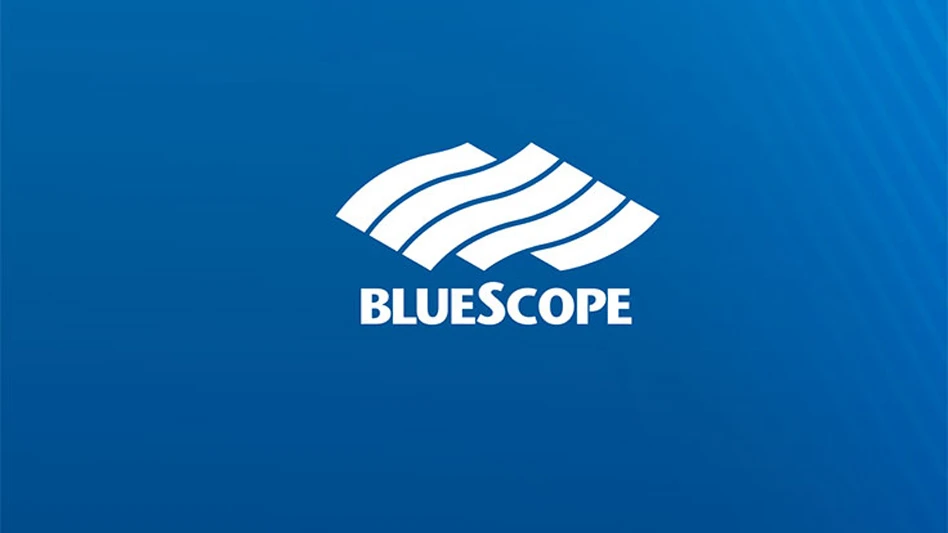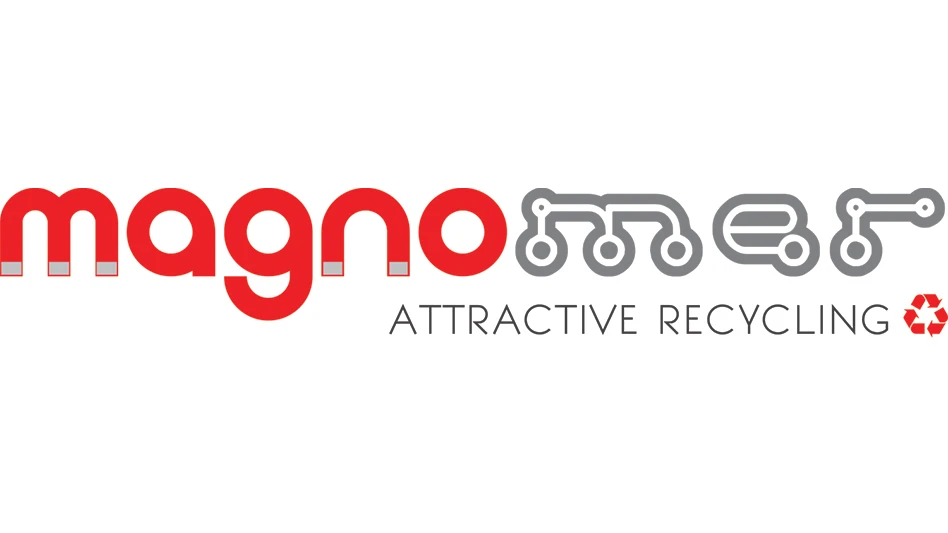Electra Battery Materials, Toronto, has announced the launch of a demonstration plant designed to recover and recycle high-value elements found in lithium-ion batteries (LIBs), including nickel, cobalt, lithium, copper and graphite.
The plant is located north of Toronto at the company’s refinery complex.
RELATED: Electra commissions battery materials recycling demonstration plant
Electra says it will process up to 75 metric tons of black mass material in a batch mode using its proprietary hydrometallurgical process in the demonstration plant. It says it expects to complete the plant in the first quarter of 2023, when it will then assess whether to continue processing black mass throughout the year with material supplied by its business partners or from third parties.
The company says its hydrometallurgical process has a low carbon footprint and produces stable non-acid generating residue, which reduces environmental impacts while meeting or exceeding water discharge effluent criteria as stipulated by both federal and provincial regulations.
“The launch of our black mass recycling demonstration plant caps a year filled with a number of significant achievements for Electra,” CEO Trent Mell says. “With the outlook for electric vehicle adoption in North America becoming increasingly bullish as a result of the recent passage of the U.S. Inflation Reduction Act and the considerable investments made by automotive companies to electrify their fleet, the need for a domestic supply of battery-grade materials supply, whether through primary refining or recycling processes, becomes critical.”
Mell says that upon completion of the demonstration plant and a subsequent review, its success would pave the way towards commercialization and the buildout of a 5,000 ton-per-year black mass processing facility within the company’s battery materials park in Ontario, utilizing its existing infrastructure, personnel and lab facility.
“Combined with our planned production of cobalt, nickel and manganese sulfates, commercialization of our black mass recycling capabilities will diversify our cash flow and customer base,” he says.
In advance of the launch of the black mass demonstration plant, Electra completed process development and engineering on recycling black mass material. The company says it previously sourced black mass samples from suppliers in North America, Europe and Asia, studied the feed characteristics and developed a hydrometallurgical process to recover contained lithium, nickel, cobalt, manganese, copper and graphite. Test work was conducted using the facilities of Lakefield, Ontario-based SGS Labs and engineering was completed using the combined resources of Electra technical personnel, process design engineers of Mississauga, Ontario-based Hatch Associates and mechanical and electrical engineering support by Sudbury, Ontario-based Bestech.
Electra says its battery recycling strategy is the second of a phased development plan for an integrated battery materials park in Ontario that will recycle LIBs and produce cobalt, nickel and manganese sulfates from primary feeds before supplying the battery-grade material to third-party cathode precursor manufacturers. In 2023, the company says it will commission its cobalt sulfate refinery, which will have an initial production capacity of 5,000 tons of contained cobalt per year.
Latest from Recycling Today
- Haber raises $44M to expand to North America
- Canada Plastics Pact releases 2023-24 Impact Report
- Reconomy brands receive platinum ratings from EcoVadis
- Sortera Technologies ‘owning and operating’ aluminum sorting solutions
- IDTechEx sees electric-powered construction equipment growth
- Global steel output recedes in November
- Fitch Ratings sees reasons for steel optimism in 2025
- P+PB adds new board members





